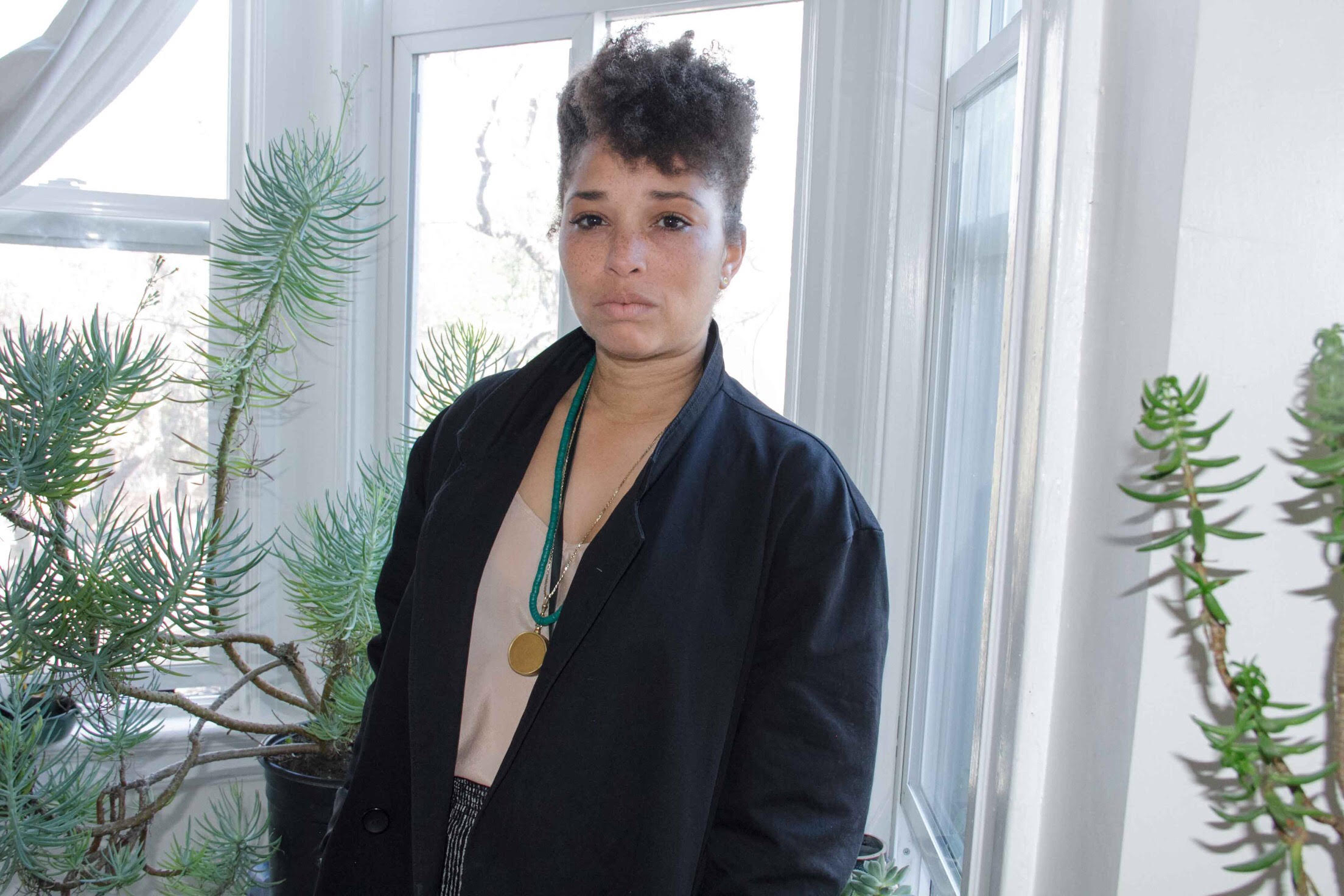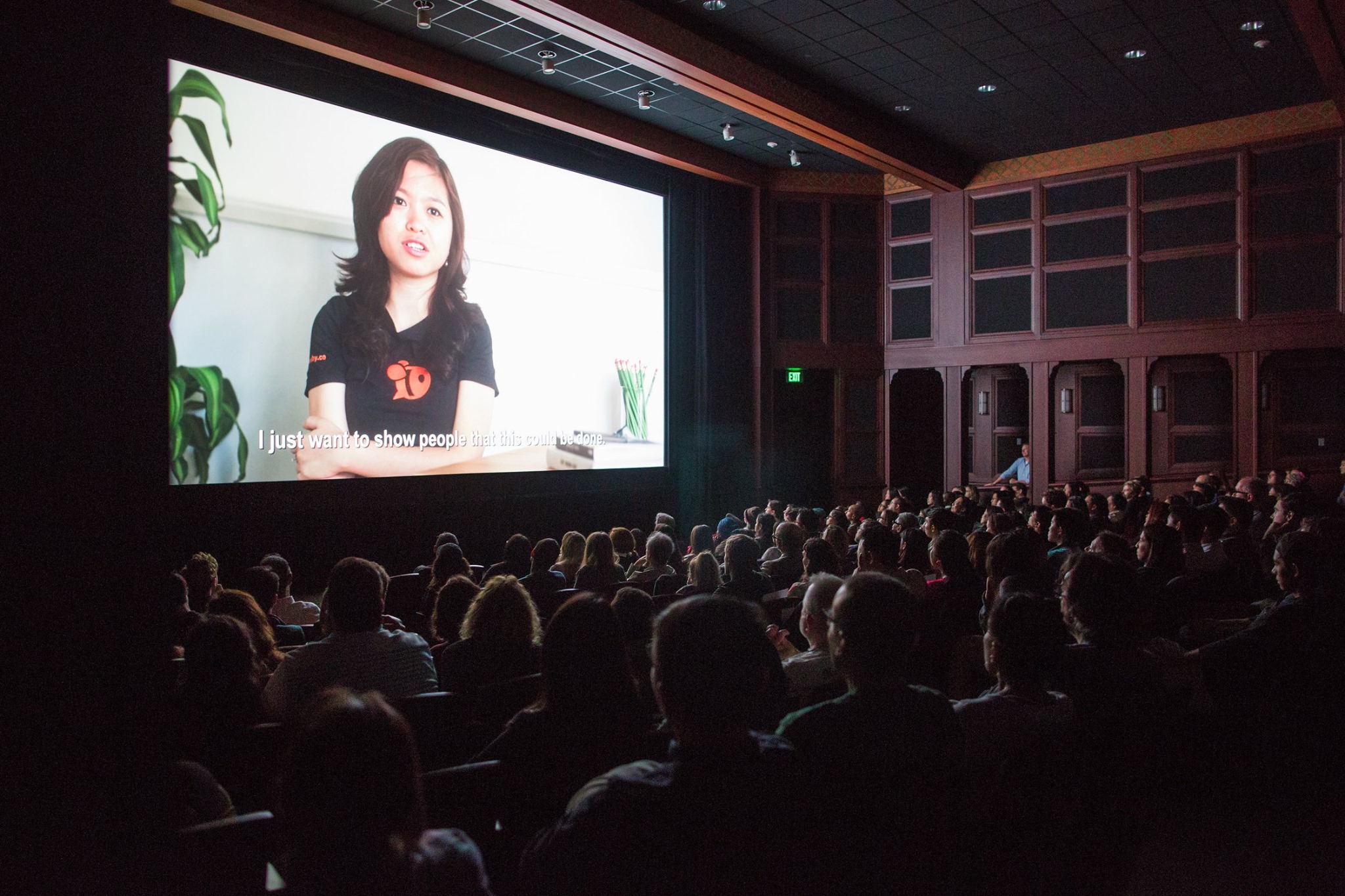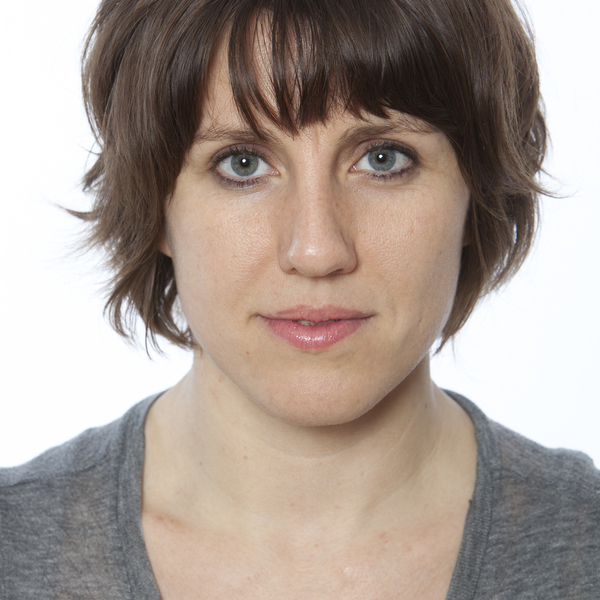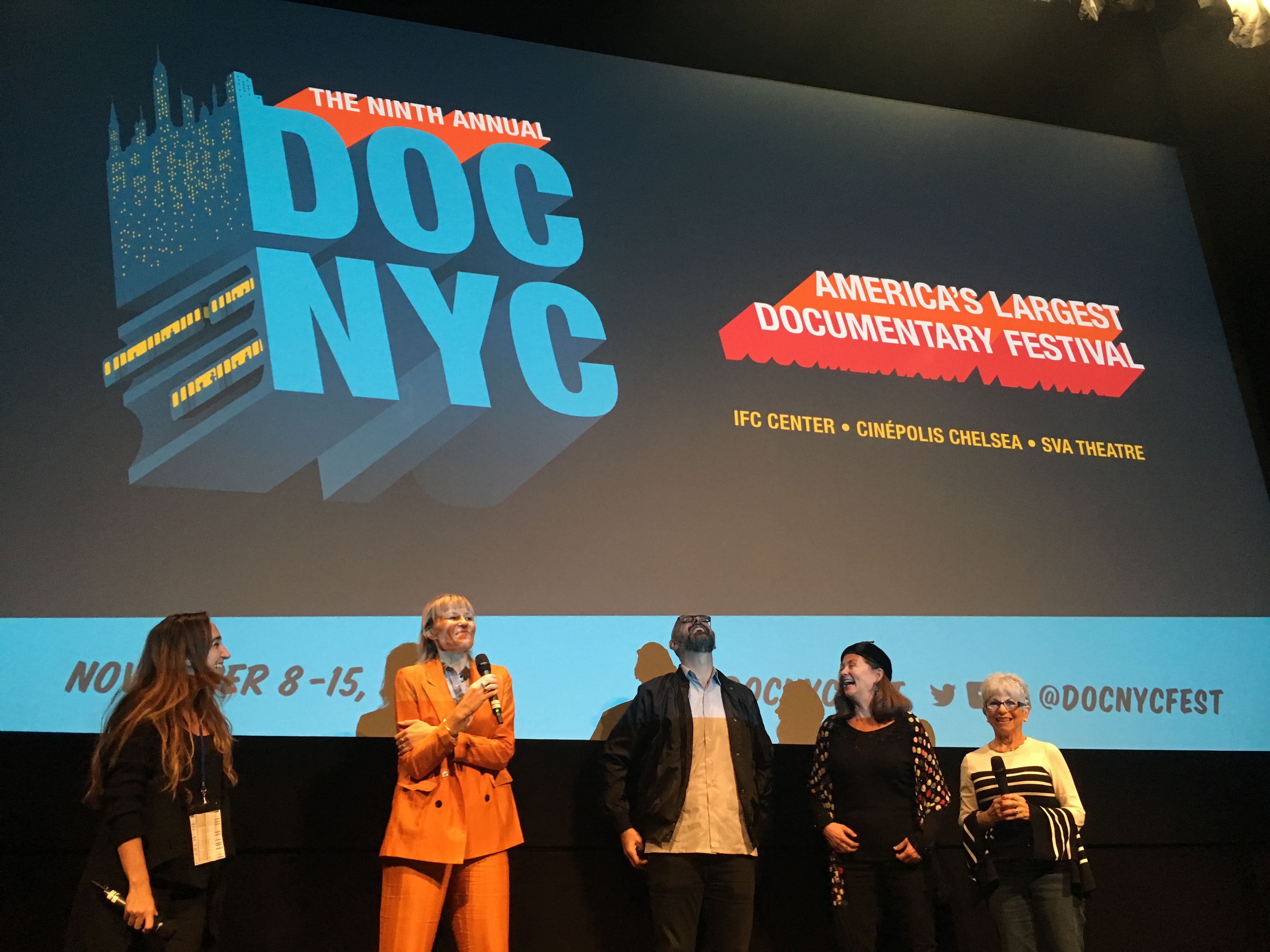The fifth episode of my passion project, the podcast “Creative Distribution 101” is up ! It features interviews with experts and filmmakers who have used creative, alternative and non traditional ways to get their films out there. Whether you’re interested in the future of filmmaking, or just want to learn some distribution tips, this is for you !
In this episode I interview Maria Judice (find her online here ) an award-winning writer and director, who also founded INDIGO IMPACT in 2016 with a mission to bring left of center stories and creators to global audiences as an Impact Producer. She worked for such titles like DREAMSTATES starring Saul Williams, Haiti’s first Oscar selection called AYITI MON AMOUR by Guetty Felin, and SXSW breakout JINN by Oakland native Nijla Mumin. She brings affordable music, literature, art, and performance to the Bay Area as a Co-Curator of the MATATU FESTIVAL. Currently, she sits on the Diversity Board of SF FILM and Advisory Board of Code Tenderloin. WIRED magazine called Maria a “filmmaker provocateur” bridging technology thinking with art making.
In this episode she talks about the decolonization of docs, how to build relationships with audiences and communities and what an Oscar campaign entails. Maria is a master of creative distribution, so check out the episode below and let me know your thoughts in the comments or on Twitter (@norapoggi) !
Or stream in browser here:
Show notes:
- Maria sees creative distribution as a “life-line to sustainability as a filmmaker, artist, social action organization”. She is all about participatory storytelling and holistic filmmaking and has very real conversations with filmmakers about that. Filmmakers sometimes approach her about connecting with a specific community. If you’re a white man who made a film about people of color, as is often the case, you might not be the right person to have those dialogues and might have to take a backseat during screenings to let people from the community lead the conversation. You also can’t expect people of color to want to embrace your film. Always ask yourself: Am I the right person to tell this story ? Do I have a genuine connection to the community I am filming ? How can I make them participants and not just subjects? It’s a constant checking in. Once we turn the camera on, we have impacted their world, and can’t pretend we are not participating with another person, and “with that comes accountability and responsibility”.
- If you made a film about or for underserved audiences, don’t think of them as a pipeline to get your film seen. It’s a complex relationship that takes time, especially for films about hard topics. Figure out early on and in-person how that audience is connected and rooted into the subject matter. This is “Holistic filmmaking” – treating your audiences as participants who help you curate and lead those conversations and the path of the film.
- When you do engage with audiences at screenings, it’s also about creating a genuine connection and serving your audiences. They will always sniff out dishonesty and lack of authenticity. Treat your audiences with respect and intelligence. They are also your number one ambassadors !
- Think about your strategy before you enter the festival circuit is crucial. Even if you get into a top festival, you have to market your screening to fill the room with the right people who can amplify your film. You can get into a top festival and have very few people attend your premiere if you dont promote it properly ahead of time !
- Depending on your goals, strategy will vary. Whether a film is meant for impact, or to screen widely, or to become a career milestone, will determine your priorities and the people you should meet.
- Oscar campaigns: Ayiti Mon Amour was the first Haitian Oscar nominee ever (short-listed), and just getting the pre-selection in was a huge deal as most films selected have a lot of money for marketing campaigns. Their team used this campaign to connect with the Haitian diaspora and make people think about Haiti in a new way, away from the poverty porn. The goal was also to put the director Guetty Felin on the map for her next career opportunities, which was a success.
- Very important to be realistic: if you don’t have the money or star power, you need to take a step back and have realistic goals and do all the outreach necessary to cut through the clutter. Until you’re rich or famous, you do the work for people to come to you.
- Partnership building advice: look at what is around you, what partners do you already have in your community, the groups you already belong to, are involved in or who have invested in you ? Look at the low hanging fruits first.
- Relationships: show up to other filmmakers’ stuff, be there for your community, remind yourself aboutt he support you do have around you and nurture those relationships.







1 thought on “” Your audiences are not just a pipeline to get your film seen”- Interview with Maria Judice, founder of Indigo Impact”